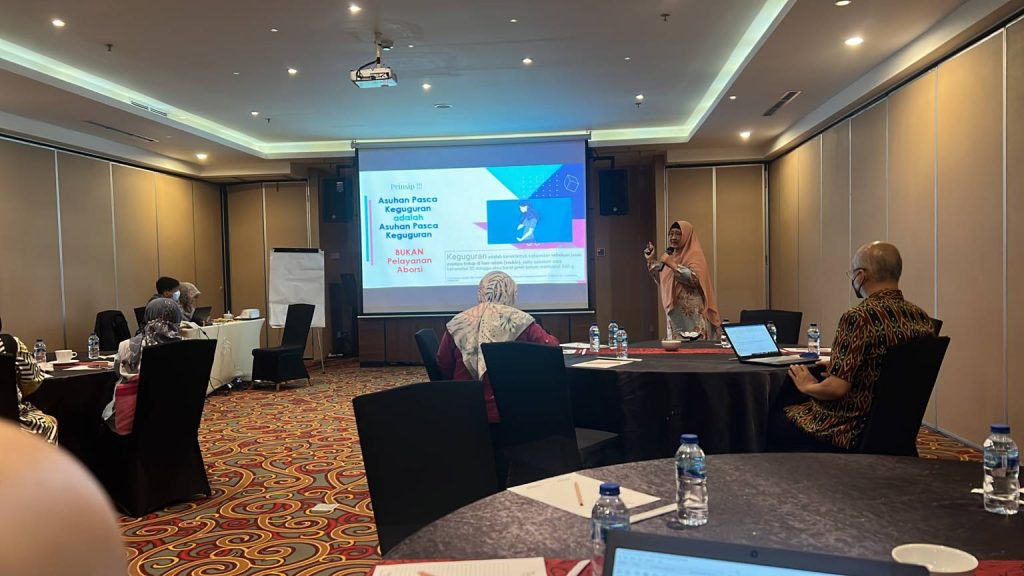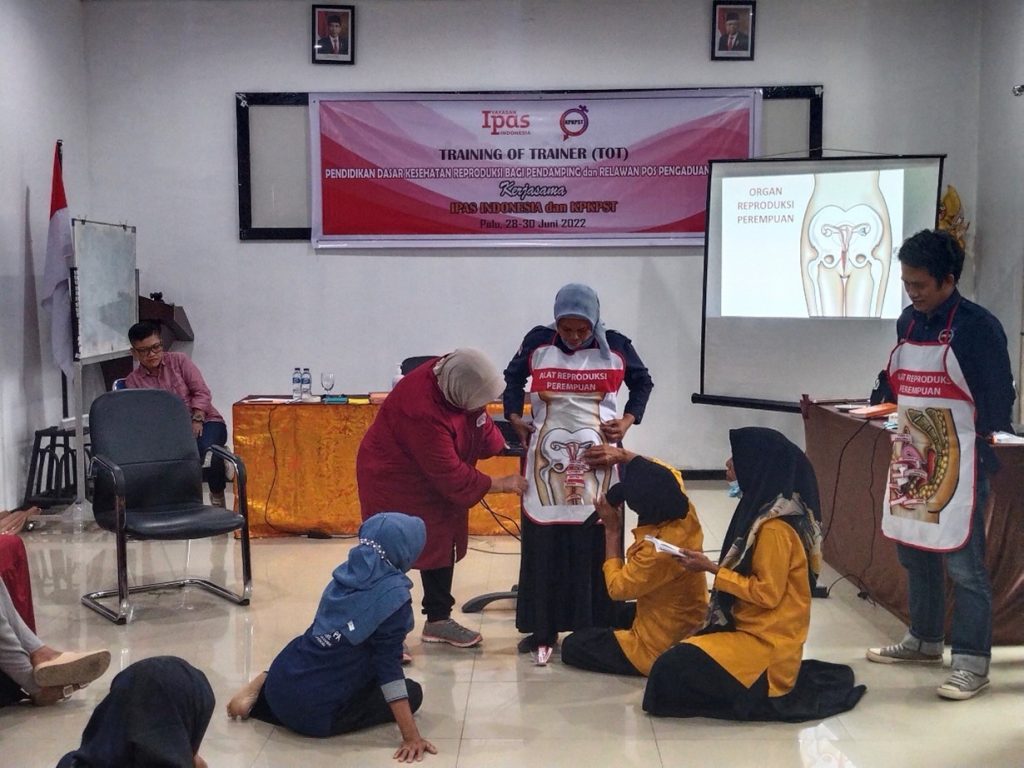The 2nd International Conference on Indonesia Family Planning and Reproductive Health (ICIFPRH) held on August 23-25, 2022 carries the theme “Accelerating the promise of 3 Zeros in Indonesia”.
The 3-Zeros theme highlights three main issues, namely (1) Zero preventable maternal deaths, (2) Zero unmet need for family planning, and (3) Zero violence or harmful gender-based violence and harmful practices against women and girls. In Indonesia, these three issues require great attention, especially in fulfilling access and services for sexual and reproductive health.
Data shows that the maternal mortality rate (MMR) in Indonesia is still high at 305 per 100,000 live births (SUPAS, 2015). This figure is far from the reduction target set in the RPJMN of 183 per 100,000 live births by 2024.
Meanwhile, the Covid-19 pandemic has also contributed to higher rates of family planning dropout due to disrupted access to services and commodities. As a result, contraceptive services have been hampered because many mothers are afraid to go to health centers.
During the Covid19 pandemic, cases of sexual violence have also increased. The Women’s Life Experience Survey (SPHPN, 2021) revealed that 1 in 4 women aged 15-64 years had experienced violence during their lifetime. Komnas Perempuan’s Annual Record (CATAHU) 2020 shows an 8-fold increase in reported cases of violence against women and children compared to data from the previous 12 years.
Rector of Universitas Gadjah Mada, Prof. dr. Ova Emilia, M.Med., Ed, Sp.OG (K), Ph.D said that maternal mortality due to childbirth is still a problem in Indonesia. In Yogyakarta, for example, maternal mortality rate has not gone down even though the number of health workers is sufficient.
“Deaths will continue to occur if the family planning does not work, if she is forced to get pregnant, even though she wants to stop. So pregnancy must be desired by both parties. Automatically, the couple and the family and even the community must strive for the mother to survive. If there is still a large number of deaths, it means that this is still a problem.”
Head of the Consortium and ICIFPRH committee, Prof. Siswanto highlighted that 3 Zeros is not just a promise but must be translated into action.
“Three zeros must translate into implementation, monitoring and evaluation at all levels of government. Decentralization should not be a barrier to collaboration to improve the quality of care provided,” he said.
Five important recommendations came out of the conference:
- In order to realize the 3-zeros goal, health services, prevention, and advocacy related to family planning and reproductive health must be an integral part.
- Indonesia must make family planning and reproductive health affordable at all levels of society in a quality manner, involving both public and private sectors as part of efforts to achieve zero maternal deaths, zero unmet need, and zero violence and harmful practices against women.
- Innovation on strategies to achieve the 3-zeros target needs to be done not only at the national level, but at all levels (Province, District, Sub-district, and Village). So that the golden Indonesia of 2045 can be realized.
- Strategic innovation needs to consider the program framework using the life course and life cycle approaches.
- Any intervention towards the 3-zeros goal needs to start from pre-conception until women reach old age, including special attention to the 8000 HPK (First Days of Life).
As a member of the ICIFPRH organizing consortium, IPAS Indonesia expressed its commitment to continue to support collaboration in achieving 3-zeroes. In line with the Chairperson of the ICIFPRH 2022 Committee, the Director of the IPAS Indonesia, Dr. Marcia Soumokil, MPH emphasized that good public service governance requires good cooperation between the government, private sector, and civil society, which needs to be strengthened to achieve the 3 Zeros target.
“Three Zeros is a target promise to eliminate maternal mortality, unmet need for family planning, and gender-based violence. Whether this target promise will be achieved or not, will depend on all of us. ICIFPRH was initiated as a collaborative platform to realize this promise. Let us work together in accordance with our respective fields to realize the target promise for a healthier and more advanced Indonesia,” she concluded.
About ICIPRH
The International Conference on Indonesia Family Planning and Reproductive Health (ICIFPRH) is a major forum involving international and national scholars, policy makers, program managers, international and national NGOs, development partners, professional associations, and practitioners to discuss various family planning and reproductive health issues in Indonesia. Since the first event in 2019, ICIFPRH has been organized as an online scientific forum in 2021. In 2022, the conference was held offline on August 23-25, 2022.
The conference was initiated and organized by the consortium “A Champion of Indonesia Family Planning and Reproductive Health” consisting of the Center for Reproductive Health of the Faculty of Medicine, Public Health & Nursing (FKKMK) Gajah Mada University, Healthy Generation Meeting Room (Rutgers Indonesia), Faculty of Public Health (FKM) University of Indonesia, UNFPA, IPAS Indonesia Foundation, Yayasan Cipta, Jalin Foundation, Jhpiego, PKBI, One Vision Alliance, Health Foundation



